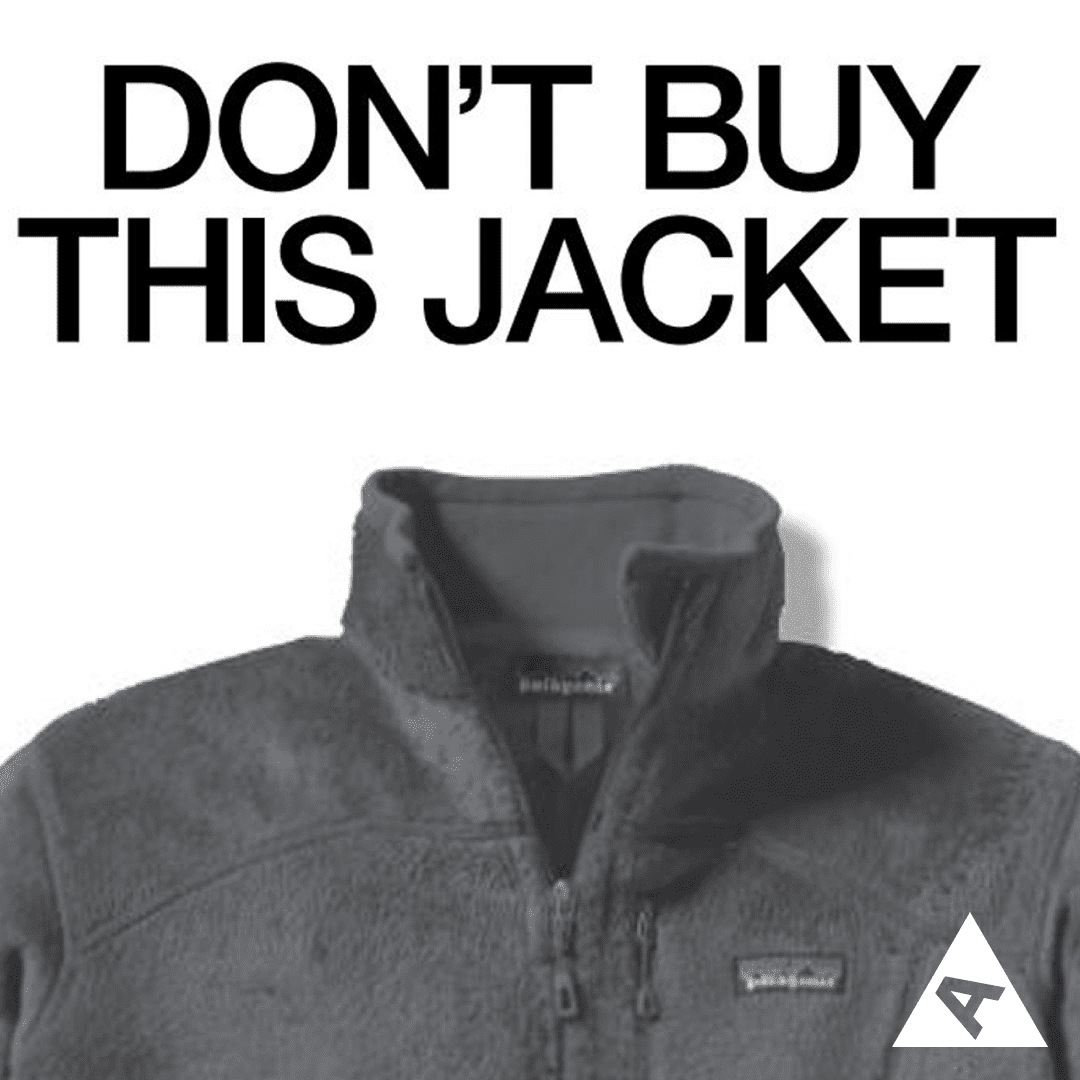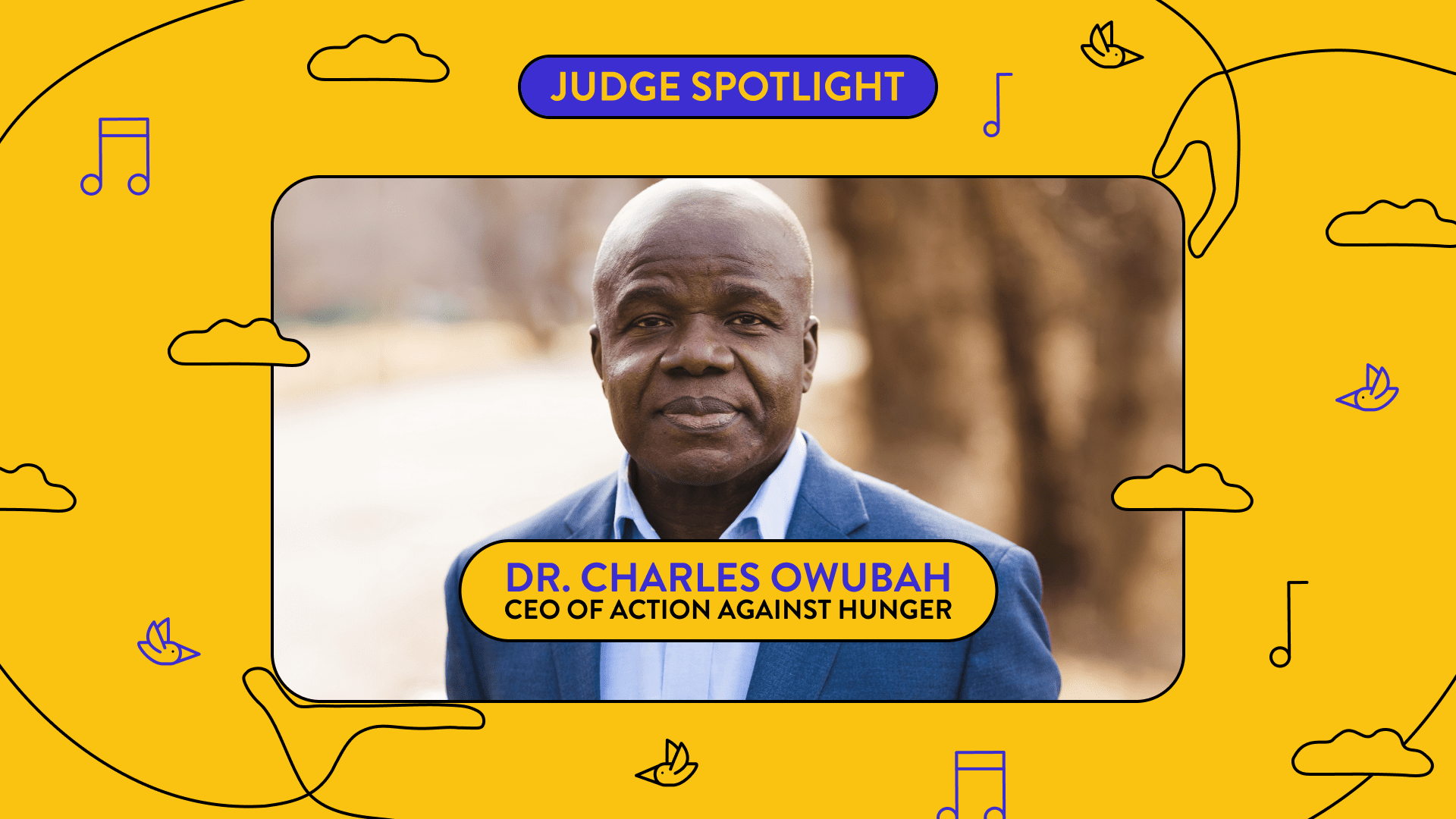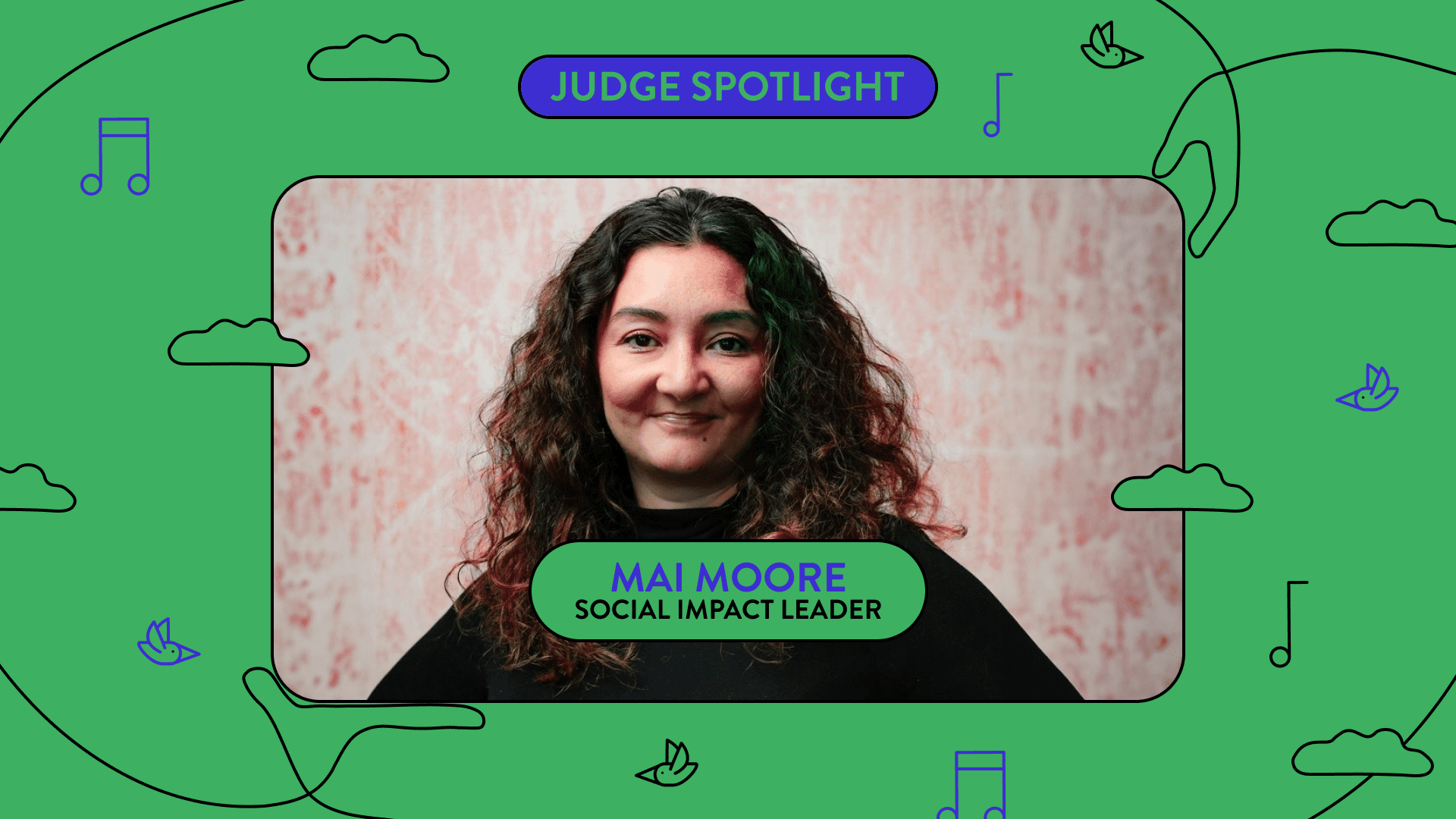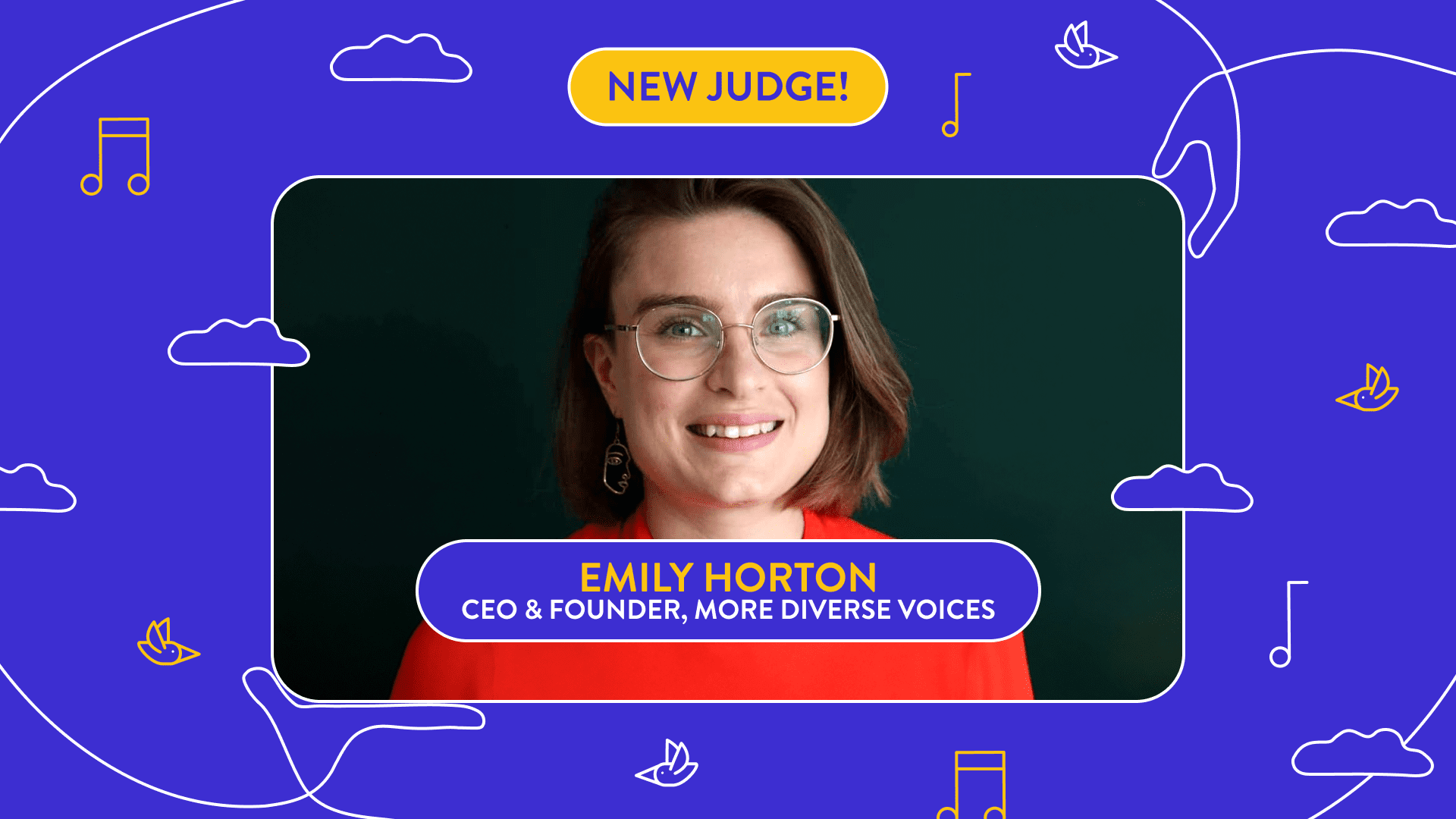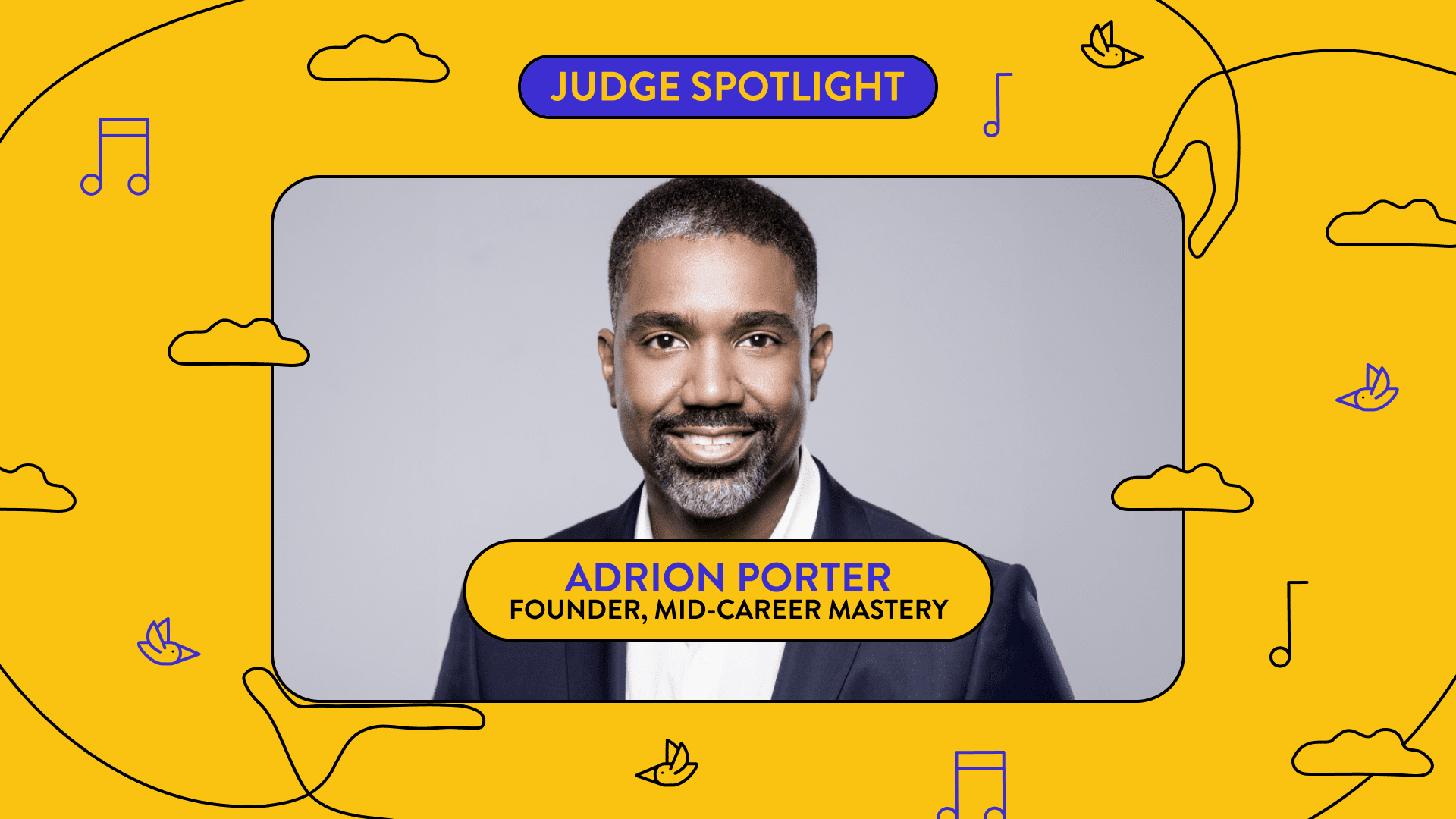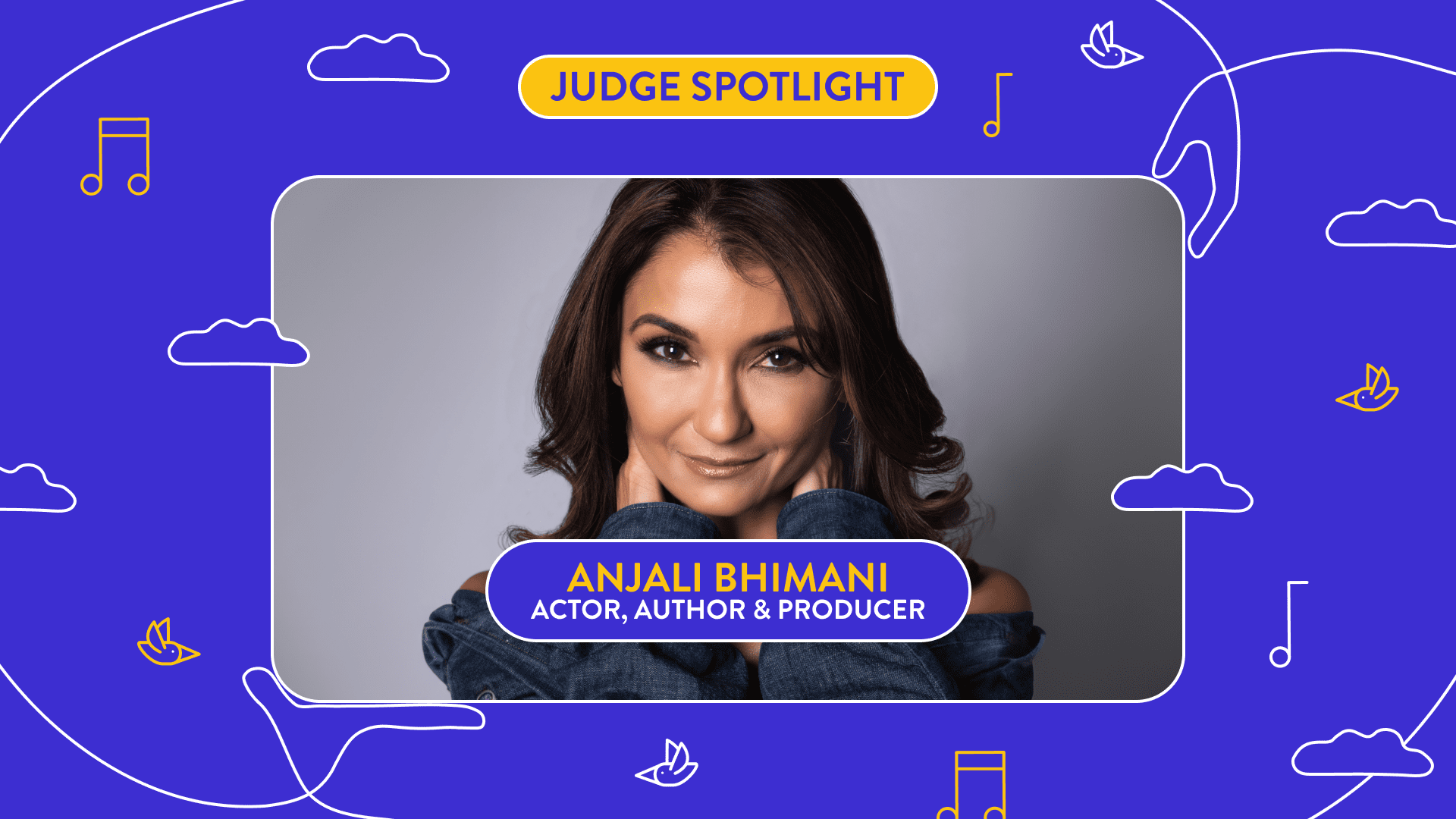Meet Michelle Egan, Chief Strategy Officer, NRDC
Before joining NRDC in 2014, Michelle Egan worked in a variety of fields including architecture, graphic design, journalism, education, and product development. Learn more about her and her inspiring work in our newest feature.

For those who don’t know you, tell us a little about your background.
I worked in a variety of fields—architecture, graphic design, journalism, education, and product development—before joining NRDC in 2014. As different as these jobs all were, there’s a throughline that’s fairly obvious to me now, in retrospect: I’ve always been trying to communicate with people through stories of some sort and, more specifically, to make people care about things through various types of storytelling. When you tell or show someone a story that’s direct, succinct, and powerful, you can change them—not just their thoughts and opinions but also their behaviors. The place I work now is dedicated to this idea that we can and must change the way we think about each other and the environment. We have to start taking responsibility for the health and well-being of people not only in our own communities but also in all the others that make up the larger community, which necessarily means working to ensure the health and well-being of the planet we all share. And we use stories to bring about that change.
What are you most looking forward to about reviewing the Anthem Awards entries?
Seeing all of the different, creative ways that people are igniting change across so many fields and industries! I love that the Anthem Awards are all about recognizing and rewarding those who are using their extraordinary creativity to connect with people and invite them to think differently about the world we live in—and then, hopefully, to act on this new thinking. As someone whose organization is redefining our advocacy to deepen its focus on environmental justice and promoting equity, I find that kind of transformative creativity inspiring.
What does it take for a project or campaign to cause real-world change?
To have a real impact, it needs to feel relevant to people’s real lives. But even more than that, it needs to make them believe they have the power to make a difference. When people engage with the message, whatever it is, they should come away saying: This is something I can do. I can make this change. I also think some of the most effective projects and campaigns are the ones that surprise people by making them question their own assumptions or even ask themselves: What are the biases I bring to the table, and how can I work toward removing them? I know that many of NRDC’s most successful campaigns have been rooted in this idea. When you can jolt people out of their complacency and show them the possibility of a new, different, better world—that’s actually the first step toward creating that world.
How does your work at NRDC support your mission?
In my role, I see my purpose as getting everyone at the organization aligned toward a shared purpose so that we can make the most of the work we’re doing across all of the areas we cover: climate action, environmental justice, strengthening communities, fighting polluters, protecting people’s health, safeguarding public lands and wildlife. I look for points of convergence and try to turn them into synergies. How does the science we do impact our communication? How does communication impact our legal work? How does our legal work impact our policy work? And how can we integrate all of these components into a single, powerful force for protecting people and the planet?
Bonus: What’s your favorite purpose-driven project or mission-driven campaign right now and why?
That’s a tough one. But the one that comes immediately to mind is NRDC’s campaign to ensure safe drinking water for all. The work really started with the travesty in Flint, Michigan. It really opened people’s eyes to the fact that water systems nationwide are compromised by ancient infrastructure that leaches lead and other toxic chemicals into the water coming into our homes, schools, and workplaces, threatening the health of millions of people, especially children. It also revealed that the negligence that leads to such contamination is far more likely to occur in low-income and BIPOC communities. Together with partners, like impacted residents and local leaders, we stood up for the people of Flint in court and won. From there, we took on a similar successful fight over lead pipes in Newark, New Jersey. And now NRDC is working to extend those protections nationwide, including helping to make it a priority in President Biden’s Build Back Better agenda and pushing hard to put that into action. I’m proud of the work we’ve done over the last several years partnering with scientists, activists, and community leaders to draw attention to the problem and to pressure lawmakers and utilities all over the country to begin replacing old service lines. Everyone must have access to clean drinking water, which is one of the most basic human rights. This work is a great example of how tenacity yields results.


